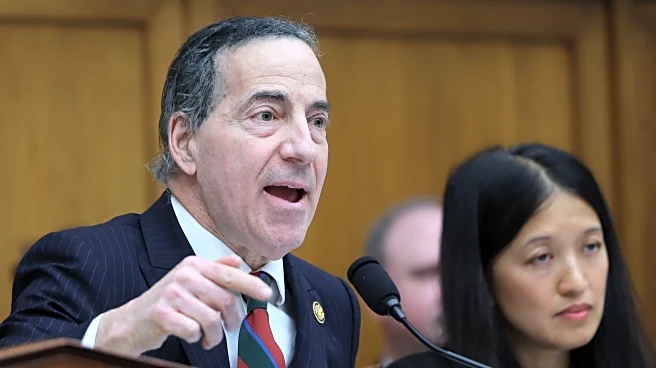What's Happening?
Meta CEO Mark Zuckerberg has announced that Instagram, the photo-sharing app acquired by Meta for $1 billion in 2012, has reached over 3 billion active users. This milestone marks a significant achievement for Instagram, which had only 30 million monthly active users at the time of its acquisition. The app's growth has been rapid, positioning it as a major player in the social media landscape. Instagram's user base now represents nearly 37% of the global population, making it larger than several major countries combined. Despite this growth, questions remain about how Meta counts 'active users' and the implications of these metrics.
Why It's Important?
The announcement of Instagram reaching 3 billion users underscores the app's influence in the social media industry. This growth reflects the increasing integration of social media into daily life and highlights Instagram's role in shaping digital communication. For businesses and advertisers, Instagram's vast user base offers significant opportunities for engagement and marketing. However, the metrics used to count active users are crucial for understanding the app's true reach and impact. As social media platforms continue to evolve, the way user engagement is measured will play a critical role in strategic planning for companies and marketers.
What's Next?
As Instagram continues to grow, Meta may face challenges in maintaining user engagement and satisfaction. The app's redesigns and algorithm changes have sparked debate among users, potentially affecting user retention. Additionally, with the smartphone market nearing saturation, Meta may need to explore new strategies to sustain growth. The competition with platforms like TikTok, which boasts high user engagement, could drive Instagram to innovate further. Meta's approach to measuring user activity and engagement will likely be scrutinized, influencing future developments in the social media industry.
Beyond the Headlines
The rapid growth of Instagram raises questions about the ethical implications of social media dominance. As platforms like Instagram become integral to communication, concerns about privacy, data usage, and the influence of algorithms on user behavior become more pressing. The cultural impact of social media, including its role in shaping public discourse and identity, is an ongoing conversation. As Instagram continues to expand, these issues will remain central to discussions about the future of digital interaction.










